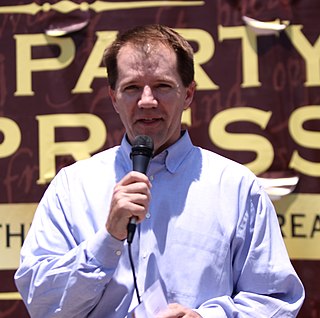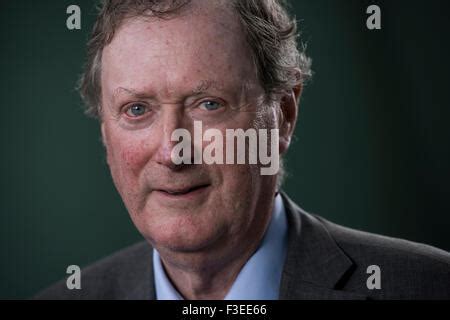A Quote by Prashant Bhushan
The Supreme Court's non-transparent attitude on the disclosure of assets is in line with the judiciary's steadfast refusal to allow any transparency in the matter of appointment of judges, or for that matter, in the judiciary as a whole.
Related Quotes
Just as judges have enormous stake in the appointment of judicial officers in the higher judiciary, the government has an equal stake. Since both of us have stakes in the appointment of members of the higher judiciary, the consultation of both of them is absolutely necessary. The government must have a say.
The Supreme Court is about the Constitution. It is about constitutionality. It is about the law. At its bear simplest, it's about the law. It is not about the Democrat Party agenda. Because that's what it's become. The whole judiciary has become that because that's the kind of people they have put on various courts as judges, and every liberal justice on the Supreme Court is a social justice warrior first and a judge of the law second. And if they get one more, then they will have effectively corrupted the Supreme Court.
I am very proud of our Supreme Court - it is one of the best worldwide. Nevertheless, since the 1990s, we have seen a certain imbalance in the relationship between the judiciary, the parliament and the government. The Supreme Court behaved in an activist way. We have to debate the degree to which such Supreme Court activism is appropriate.
How we decide the vexed issue of the method of selection of judges of the Supreme Court and the high courts would determine the future of our democracy and the rule of law in the country. We are faced with the twin problem of selecting the best judges and also ensuring that the judiciary would be insulated from executive interference.
The Tax Court is independent, and its neutrality is not clouded by prosecuting duties. Its procedures assure fair hearings. Its deliberations are evidenced by careful opinions. All guides to judgment available to judges are habitually consulted and respected. It has established a tradition of freedom from bias and pressures. It deals with a subject that is highly specialized and so complex as to be the despair of judges. It is relatively better staffed for its task than is the judiciary.
How to check these unconstitutional invasions of rights by the Federal judiciary? Not by impeachment in the first instance, but by a strong protestation of both houses of Congress that such and such doctrines advanced by the Supreme Court are contrary to the Constitution; and if afterwards they relapse into the same heresies, impeach and set the whole adrift. For what was the government divided into three branches, but that each should watch over the others and oppose their usurpations?






























